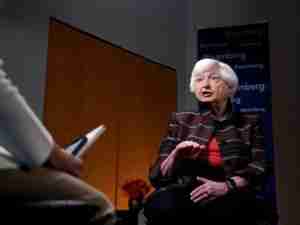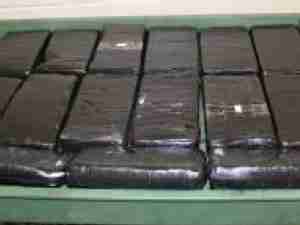China’s Premier to Visit Australia Next Week to Push Trade
By: Bloomberg News | Mar 17 2017 at 06:14 AM | International Trade
Chinese Premier Li Keqiang will make his first trip to Australia since taking office in 2013 as part of efforts to promote free trade, Chinese foreign ministry spokeswoman Hua Chunying said in a statement.
Li will visit Canberra, Sydney and Auckland on the week-long trip from March 22 to March 29. It will be the most senior visit from a Chinese official since President Xi Jinping’s trip in 2014.
The visit comes as Australia takes on a greater role in fighting protectionism after President Donald Trump pulled the U.S. from a 12-nation Asia-Pacific trade pact and threatened to put punitive tariffs on China. For decades, Australia has walked a fine line between supporting the strategic interests of the U.S., its main ally, while preserving economic ties with China, its top trading partner.
Foreign Minister Julie Bishop had announced last month that Premier Li would visit Australia in March. A spokesperson for the prime minister declined to comment on the trip’s purpose.
Last week, Bishop drew criticism in the Communist Party-run Global Times for grouping China with countries that aren’t democratic. In an interview in Singapore, Bishop called on China to be a responsible global player and to make domestic reforms that show it’s truly embracing free trade.
‘Unfair’ Label
“It’s unfair to label the country as non-democratic just because it has opted for a different democratic system,” a Global Times commentary said in reaction to Bishop’s comments.
In an annual press briefing on Wednesday, Li said that China supports free trade and will continue opening its economy. His nation is championing the Regional Comprehensive Economic Partnership, a 16-nation trade deal that includes Australia. He is expected to meet with a group of Australian trade advisers in Sydney, the people said.
The visit also comes as Australia drafts it first foreign policy White Paper since 2003. The document is designed to provide a road-map for the nation’s international strategy and diplomatic relations.
“Given the level of volatility and anxiety in international affairs we thought that it was timely to bring all our diplomats together,” Bishop said in the interview on Monday.
Some Australians are concerned Chinese investors are buying up too much Australian agricultural and residential land and gaining access to critical infrastructure. The decision to allow the leasing of Darwin’s port to a Chinese firm—even though it’s used as a base for U.S. Marines—was questioned by then-President Barack Obama in a meeting with Prime Minister Malcolm Turnbull.








